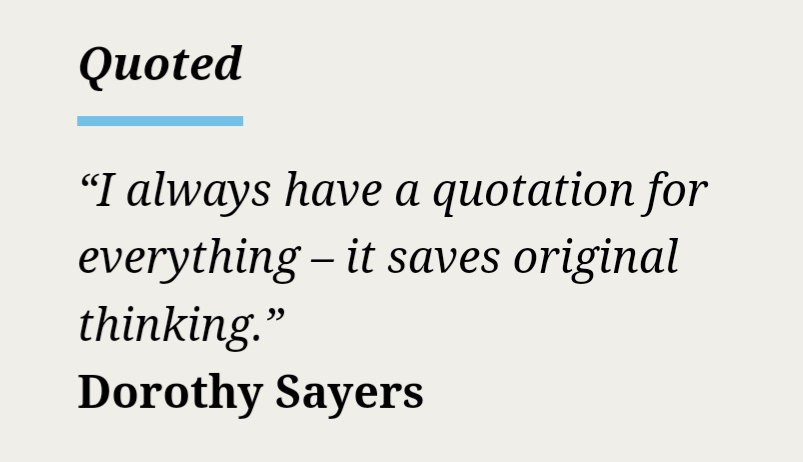Me, Myself and I – Pride, the seventh deadly sin
The deadly sins of public speaking can completely wreck your best efforts to give a good speech. It’s important to be aware of them so that we can eradicate them from our speaking behaviours. Pride is the last part of my deadly sins series.
Me, Myself and I – the deadly sin of Pride
 Pride is excessive belief in your own abilities, ideas and opinions; you might also call it ‘arrogance’. Such speakers love the sound of their own voice, their own message or point of view. Because of this, they tend to speak for their own validation and they generally fail to connect with the needs and interests of their audience.
Pride is excessive belief in your own abilities, ideas and opinions; you might also call it ‘arrogance’. Such speakers love the sound of their own voice, their own message or point of view. Because of this, they tend to speak for their own validation and they generally fail to connect with the needs and interests of their audience.
Pride may well be the most heinous public speaking deadly sin, rearing its ugly head in all the previous sins. Furthermore, focussing on ‘Me, Myself and I’ puts a huge amount of pressure on you every time you step in front of an audience. The spotlight is on you and you have to get it right. No wonder we feel nervous.
Pride will encourage infobesity, overloading your speeches with content, maybe even ‘bulldozing’ your audience and overrunning your time allocation. Pride will probably persuade you that you don’t need to prepare or practise and make you spiral out of control, all wrapped up in your own little world.
The best speakers want to share something of value with their audience, something that they care about and that will benefit their audience. An audience always wants to know “What’s in it for me?” A good speaker will show their audience the answer in everything they say and do on stage. They understand that speaking is about knowing and connecting with an audience.
What can you do to banish pride?
Make your audience your focus because your speech must always be about them and never about you. By agreeing to speak, you are also taking on a responsibility to find out about your audience. You need to learn what they already know about your subject or point of view, how do they behave, what is their experience, how homogenous or polarised is the group, what will they think of your message, what’s the best way to talk to them and so on. In short, know your audience!
Imagine yourself sitting in that audience. How would you feel experiencing your speech? Is it new information? Is it clearly structured and signposted? Do you feel comfortable? Is the delivery interesting and engaging?
Your mantra should be the audience asking “What’s in it for me?” Crucially, your job is to prepare, practise and deliver a speech that shows them.





